 The Gentleman’s Guide to Vice and Virtue by Mackenzi Lee
The Gentleman’s Guide to Vice and Virtue by Mackenzi Lee
My rating: 5 of 5 stars
I bought this brilliant piece of YA fiction on a whim, and I’m so glad I did. 4.5 stars!!
Mackenzi Lee might now just be near the top of my favorite writers. This excellent piece of YA fiction is filled with wonderful characters you can get behind, hauntingly beautiful language, all topped off with social themes that YA readers are hungry to explore.
Lee told the story in first person present tense, a particularly difficult POV and tense combination to do well. I’ve read many a story written in this POV that felt far too whiny and self-absorbed. Considering how self-absorbed Lee’s main character-Monty-is, I’m amazed that this book didn’t feel that way. Lee found the perfect balance between interior monologue and external action, and she contextualized Monty’s moments of angst perfectly.
She did a great job of capturing the diction of the time period in which the story takes place, as well as the language used by highborn families. I can imagine some might fall prey to overwriting or writing that felt like it was trying too hard. Not so here. Lee’s descriptions are lyrical and develop the setting as much as the characters.
For example:
“Versailles is a delirious fantasy of a place. We cross through a card room and into the mirrored hall where the king receives his court, every surface not covered with a looking-glass gilded in gold or frescoed in jewel tones. Wax drips in hot, sticky threads from the chandeliers. The light is pyrite, with snowflakes of color refracted through the crystals splattering the walls. The party spills into the gardens, the air hot and hazy with pollen rising from the flowers in golden bursts when they’re brushed. Hedges line the walks, carved into a menagerie of shapes, roses bursting between them. The stars are stifled by the furious light from the palace, and the candelabra lining the stairs are reflected like glittering coins against the bright silk everyone is wearing.”
Through the misadventures of Monty, Percy, and Felicity, Lee crafted a brilliant piece of YA fiction that explored abuse, sexuality, race, and gender. It could have become didactic, but it didn’t. It was wonderful. The main character was, on the surface, an unlikeable fellow. Narcissistic, emotionally stunted, an alcoholic, whiny, and frankly rather useless. All that said, however, Lee made me like him. She made me root for him. I’ve encountered so many whiny, self-absorbed protagonists in YA fiction that just made me roll my eyes and move on to reading something else. Not so with Monty. Every cringe-worthy moment only made me love him more.
The world Lee painted and the events of the tale, even the fantastical elements, seemed authentic and real. No doubt, that’s due to the vast amount of research that Lee did in preparation for writing the book. There is a delightful bonus at the end of the novel in which she discusses some of that research.
I have but one minor gripe. The “I must be misreading the overtly sexual/romantic signals” thing dragged on between two characters to the point of feeling unrealistic. Especially, after said two characters made out at the opera at the beginning of the book. They were all over each other, and then the MC spent most of the rest of the book telling himself that the other person couldn’t possibly have romantic feelings for him. I think Lee was trying to generate teen angst, but it didn’t ring true to me. That was a small issue, however. Not enough to spoil the book.
I 100% recommend this novel, and I cannot wait to read its sequel: The Lady’s Guide to Petticoats and Piracy, which tracks the continuing adventures of Monty’s headstrong, medicine-minded sister, Felicity.
Have you read any novels by Mackenzi Lee? What do you like most about her writing? Which of hers is your favorite book?

 This month’s
This month’s 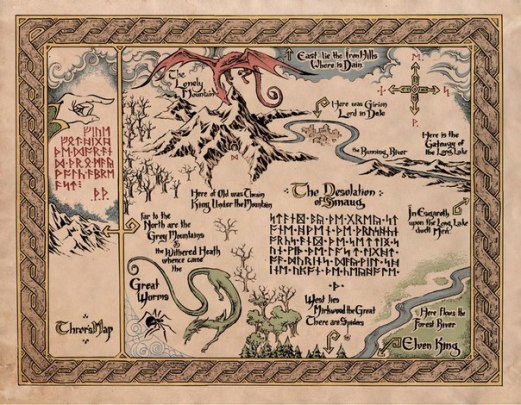
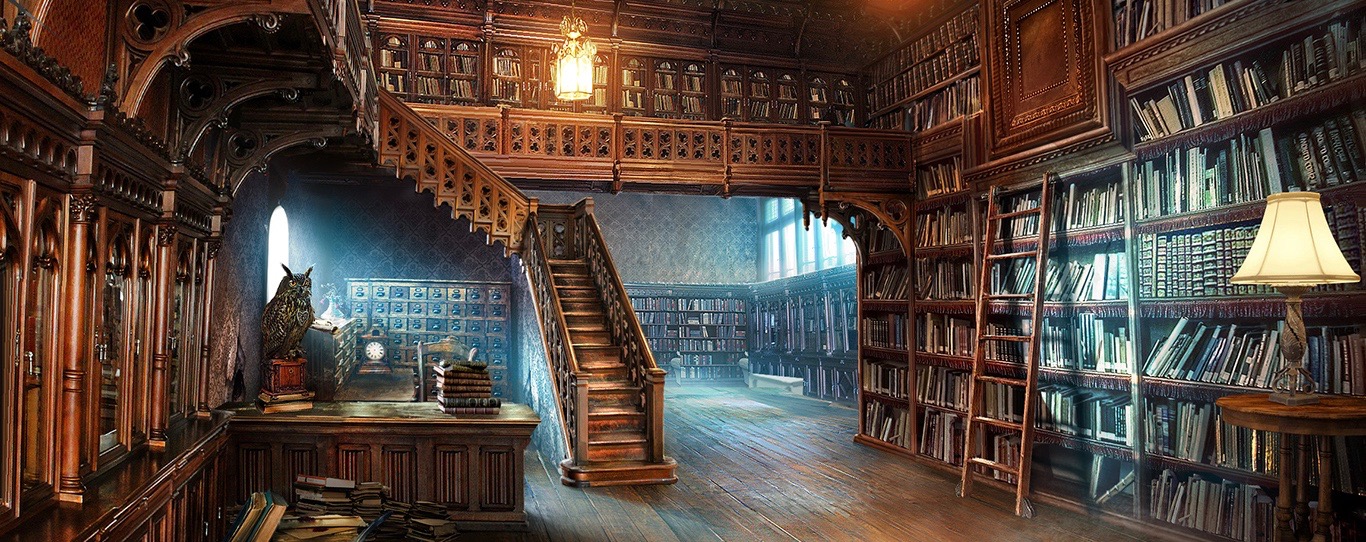


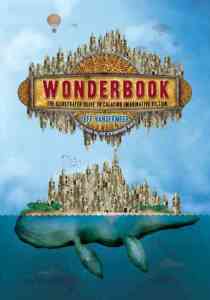


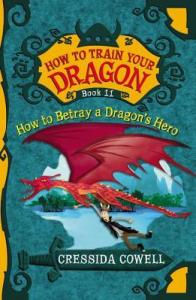

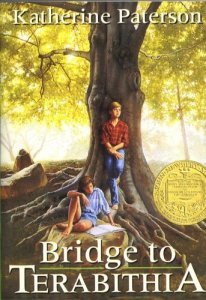



 In middle school, I stumbled across a battered old copy of Stephen King’s short story collection,
In middle school, I stumbled across a battered old copy of Stephen King’s short story collection, 

